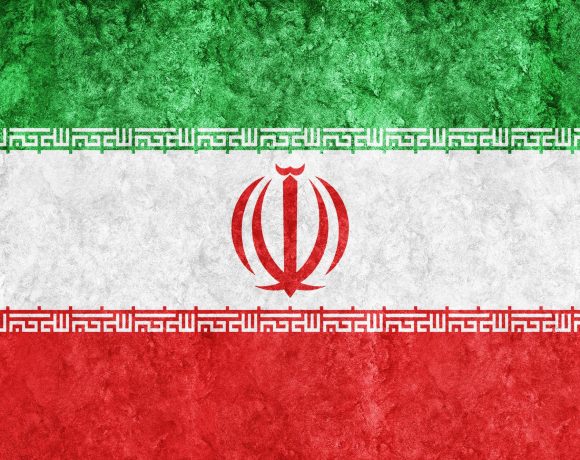
IMF, Pakistan Discuss 2025–26 Budget
The International Monetary Fund has begun virtual discussions with Pakistan to evaluate the country’s federal budget for the fiscal year 2025–26. Originally intended to be held in Islamabad, the meetings were moved online due to prevailing regional security concerns following recent India-Pakistan tensions. These talks commenced on May 14 and are scheduled to continue until May 16.
The discussions are critical as Pakistan attempts to secure continued assistance under the IMF’s Extended Fund Facility (EFF). Alongside the talks, the IMF has released a second tranche of $1.023 billion to Pakistan under the $7 billion EFF programme, raising the total disbursed amount to around $2.1 billion. Additionally, Pakistan has been granted access to an extra $1.4 billion under the Resilience and Sustainability Facility (RSF), which is intended to support the country’s climate resilience efforts.
IMF Pakistan Budget Talks
A central focus of the ongoing meetings is the assessment of Pakistan’s fiscal framework, especially taxation reforms and budget deficit management. Islamabad is targeting a primary budget surplus of 1.6% of GDP for the 2025–26 fiscal year. To achieve this, the government must raise an estimated Rs 2 trillion beyond its non-interest expenses. The proposed tax collection target for the Federal Board of Revenue stands at 11% of GDP, roughly Rs 14.3 trillion.
IMF Funding Disbursement
The IMF has also appointed Iva Petrova as the new mission chief for Pakistan, replacing Nathan Porter. Petrova, who has previously served as IMF mission chief to Armenia, is expected to take part in the virtual deliberations along with her predecessor. Depending on the evolving security situation, an IMF delegation may still travel to Islamabad later this month to continue discussions in person through May 23.
Pakistan Budget 2025–26
Pakistan plans to present its federal budget for FY 2025–26 on June 2. The outcome of the IMF discussions will heavily influence the structure of the budget, especially in terms of fiscal consolidation measures, tax reforms, and development priorities. With Islamabad relying heavily on external support to stabilise its struggling economy, these discussions are likely to set the tone for the country’s financial direction in the coming year.


















